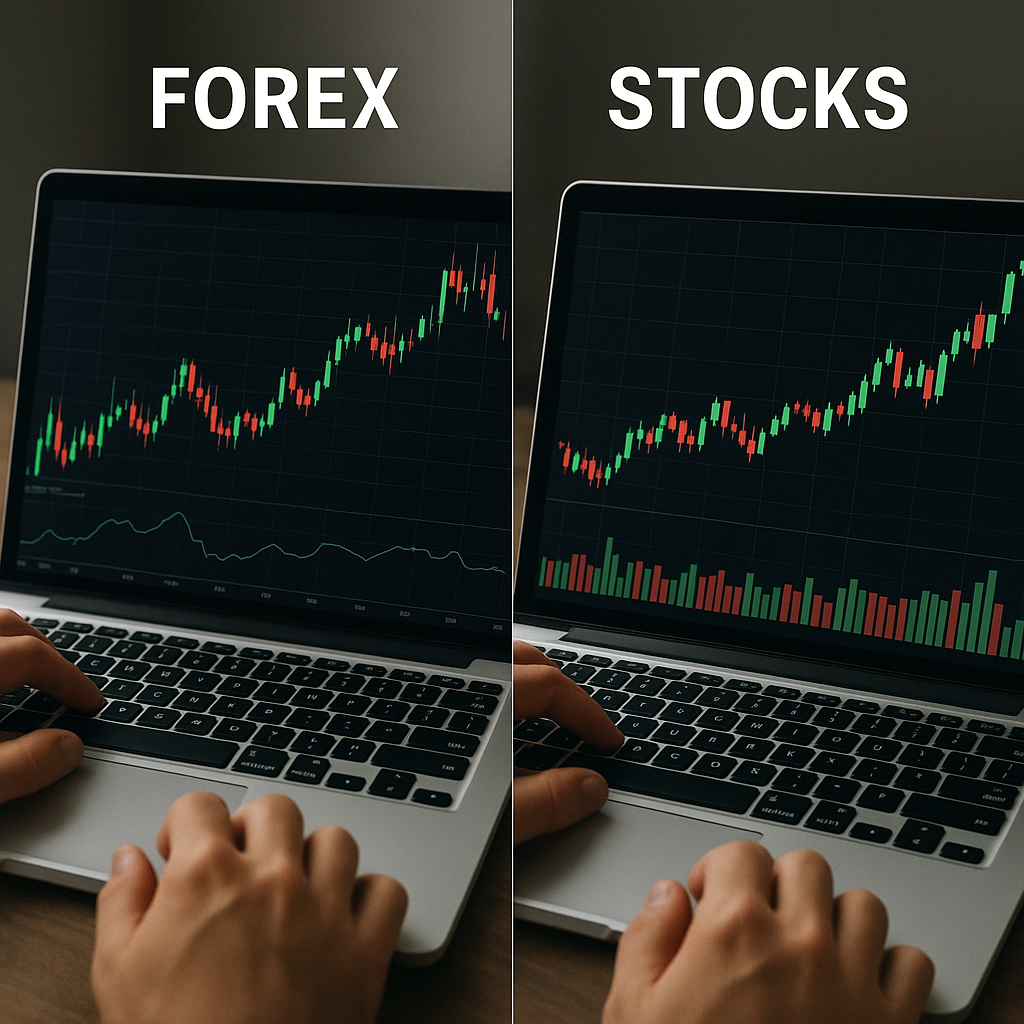Understanding Forex Spreads and How They Affect Your Trades is crucial for anyone looking to navigate the complex world of foreign exchange trading. The spread, which is the difference between the bid and ask price, plays a significant role in determining the cost of trading and can impact your overall profitability. This article delves into the intricacies of forex spreads, how they are calculated, and their implications for traders.
What is a Forex Spread?
The forex spread is the difference between the bid price (the price at which you can sell a currency pair) and the ask price (the price at which you can buy a currency pair). It is essentially the cost of trading and is usually measured in pips, which are the smallest price movement in the forex market. For example, if the EUR/USD currency pair has a bid price of 1.1050 and an ask price of 1.1052, the spread would be 2 pips.
Types of Spreads
There are two main types of spreads in forex trading: fixed spreads and variable spreads.
- Fixed Spreads: As the name suggests, fixed spreads remain constant regardless of market conditions. They are typically offered by brokers who operate as market makers. Fixed spreads provide traders with the certainty of knowing their trading costs in advance, which can be beneficial in volatile market conditions.
- Variable Spreads: Variable spreads fluctuate based on market conditions such as liquidity and volatility. They are usually offered by brokers who operate on an Electronic Communication Network (ECN) or Straight Through Processing (STP) model. While variable spreads can be lower during periods of high liquidity, they can widen significantly during times of market volatility.
Factors Influencing Forex Spreads
Several factors can influence the size of the forex spread, including:
Market Liquidity
Liquidity refers to the ease with which an asset can be bought or sold in the market without affecting its price. In the forex market, major currency pairs like EUR/USD, GBP/USD, and USD/JPY tend to have higher liquidity and, therefore, tighter spreads. Conversely, exotic currency pairs, which are less frequently traded, often have wider spreads due to lower liquidity.
Market Volatility
Volatility is the degree of variation in the price of a financial instrument over time. During periods of high volatility, such as economic announcements or geopolitical events, spreads can widen as brokers adjust their prices to manage risk. Traders should be aware of these events and how they can impact spreads.
Broker Type
The type of broker you choose can also affect the spreads you encounter. Market makers typically offer fixed spreads, while ECN and STP brokers offer variable spreads. Each type has its advantages and disadvantages, and traders should choose a broker that aligns with their trading strategy and risk tolerance.
How Spreads Affect Your Trades
The spread is a critical factor in determining the cost of your trades and can significantly impact your overall profitability. Here are some ways in which spreads can affect your trading:
Trading Costs
The spread represents the cost of entering and exiting a trade. For example, if you buy a currency pair with a spread of 2 pips, you need the price to move at least 2 pips in your favor to break even. Therefore, tighter spreads can reduce your trading costs and improve your profitability, especially for high-frequency traders.
Slippage
Slippage occurs when the execution price of a trade differs from the expected price due to market conditions. Wider spreads can increase the likelihood of slippage, particularly during periods of high volatility. Traders should be aware of this risk and consider using limit orders to control their entry and exit prices.
Scalping Strategies
Scalping is a trading strategy that involves making numerous small trades to capture minor price movements. Since scalpers rely on tight spreads to maximize their profits, wider spreads can significantly impact the effectiveness of this strategy. Traders who employ scalping techniques should seek brokers that offer competitive spreads and fast execution speeds.
Managing Spread Costs
While spreads are an inherent cost of trading, there are several strategies traders can use to manage and minimize these costs:
Choose the Right Broker
Selecting a broker that offers competitive spreads is crucial for managing trading costs. Traders should compare the spreads offered by different brokers and consider factors such as execution speed, reliability, and customer service. Additionally, traders should be aware of any hidden fees or commissions that may affect their overall trading costs.
Trade During Peak Market Hours
Forex spreads tend to be tighter during peak market hours when liquidity is high. For example, the overlap between the London and New York trading sessions typically offers the tightest spreads. By trading during these periods, traders can take advantage of lower spreads and reduce their trading costs.
Use Limit Orders
Limit orders allow traders to specify the price at which they want to enter or exit a trade. By using limit orders, traders can avoid the impact of wider spreads and slippage. However, there is a risk that the order may not be executed if the market does not reach the specified price.
Conclusion
Understanding forex spreads and how they affect your trades is essential for successful trading. The spread represents the cost of trading and can significantly impact your overall profitability. By being aware of the factors that influence spreads and implementing strategies to manage these costs, traders can improve their trading performance and achieve their financial goals. Whether you are a novice trader or an experienced professional, a thorough understanding of forex spreads is a valuable asset in the dynamic world of foreign exchange trading.


